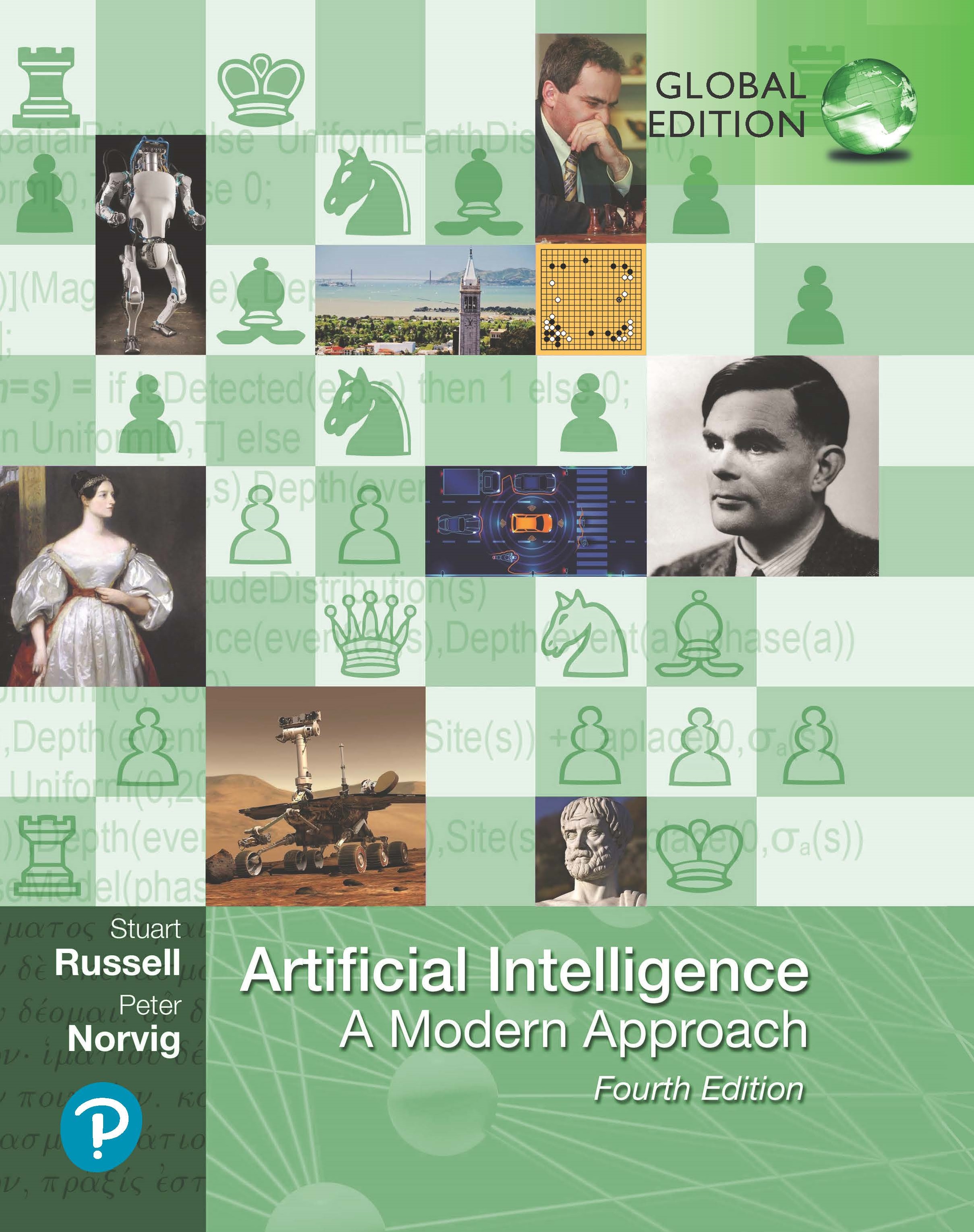Administrivia 🧐
🧠 Introduction to AI (I2AI)
Neu-Ulm University of Applied Sciences
General remarks
This course will be taught using a blended learning approach.
You need to prepare the content of the individual lectures independently by using the lecture notes and the reading material provided (e.g. references).
The focus of the lessons is on answering your questions, discussing application domains and the exercises.
Please reserve enough time to prepare, reflect, and deepen the contents on your own.
Discussion
What to you expect to learn in this lecture?
Contents
AI is defined here as the study of agents that receive percepts from the environment and perform actions.
In this course, we will
- cover different types of agents (i.e., goal-based and utility-based agents)
- illuminate some concepts and major functions they implement,
- discuss, how to convert these agents into learning agents,
- identify and discuss real life use cases for these agents, and
- have a look at philosophical stances and ethical implications of AI.
Learning objectives
During this course, you should advance your skills in the following areas:
- Understanding of the origins, strengths and limitations of AI
- Basic knowledge of concepts, functions, and use cases of AI
- Basic knowledge of problem-solving algorithms, knowledge representation, probabilistic reasoning, machine learning, and natural language processing
- Capability to apply your knowledge and understanding of AI to different managerial and organizational contexts
- Ability to assess the potential of AI and use it in digital innovations
- Ability to evaluate new information and to question existing assumptions
- Capacity to assess social and ethical implications of AI applications
Supporting literature
This course is essentially based on Russel & Norvig (2022)

Artificial Intelligence: A Modern Approach, Global Edition, 4/E
Russell / Norvig
ISBN-10: 1292401133 • ISBN-13: 9781292401133
The 3rd edition is available in the libary
Exam
There will we a written exam at the end of the semester.
The exam will
- take place during the examination weeks,
- will last 90 minutes,
- cover all contents discussed in lecture,
- focus on the application of the knowledge gained in the course.
Schedule
| Date | Topic | Preparation |
|---|---|---|
18.03.2024 |
Administrivia, Introduction & Agent Types | - |
25.03.2024 |
Search | Lecture Notes |
08.04.2024 |
Propositional Logics | Lecture Notes |
15.04.2024 |
Probabilities | Lecture Notes |
29.04.2024 |
Learning | Lecture Notes |
06.05.2024 |
Generative AI & Hybrid Intelligence | Article1 |
13.05.2024 |
Ethics | Case Study |
03.06.2024 |
Guest speech: Reality of AI/ML in Industry | - |
24.06.2024 |
Final Q&A | Questions |
Concluding remarks
Why don’t we focus on ChatGPT and the like only?
Because I am convinced that as a Master of Science in Digital Innovation Management you should understand some of the theoretical (mathematical) foundations of AI. However, you should also acquire practical skills on your own, e.g. in interacting with GenAI2.